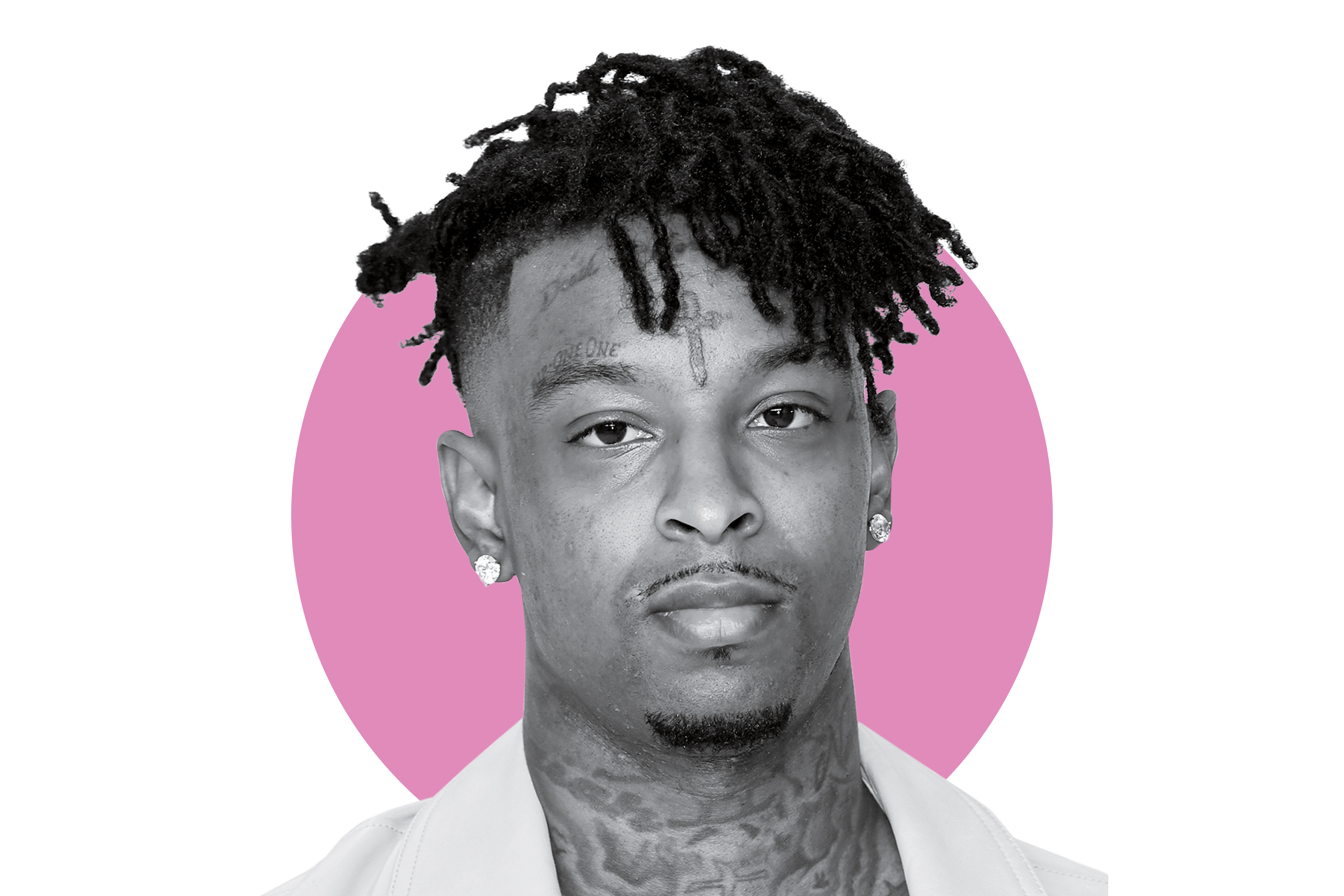I didn’t even know how to open a bank account until I became a rapper. When I was a kid, I knew there had to be a way to understand how to make and save money—but no one was teaching me that in my Atlanta schools. It wasn’t until I had access to resources and education that I learned the extent to which a lack of financial literacy can often lead to a lot of hardships later on, and how systemic these issues are. Redlining, a discriminatory practice that denied home loans based on race or ethnicity, has left some of the largest impacts we see in the families of Black, Indigenous and people of color when it comes to intergenerational wealth and assets inequality. But in many communities, there remain a lot of myths around building wealth, and distrust of financial institutions.
Finances are deeply connected to every area of our lives, especially when we talk about access to resources. That’s why we need to talk about finances and how they encourage or break cycles of poverty—and it’s why I started the “Bank Account” financial-literacy campaign in 2018. I want the next generation to have a head start and the knowledge on the value of making good financial decisions so they have a clear path to achieve success and financial security. In starting to learn about financial literacy early on, you develop other skills, like self-confidence, responsibility and discipline, which in turn can help facilitate a healthy transition into adulthood.
Financial literacy covers a series of topics that impact our overall realities—from being able to buy the clothes and shoes we wear, the food we eat, the colleges we attend, the careers we pursue.
My first piece of advice is that you need to pay yourself first. Every time you get paid, put a little bit away for you so you can set yourself up for the long run. There are some people who we consider to be “givers,” who are more likely to spend all their money on others and often can forget to save for themselves. But we know that time is money—and when you leave money in the bank, it grows interest, and you’ll start to see your money work for you.
It’s also important to work with trusted financial institutions, because they allow you to save both time and money. In 2018, we partnered with Juma Ventures in Atlanta to train young people on financial literacy, and saw that more than 80% of those we worked with opened bank accounts, established direct deposit and started to save money. Mobile banking and apps also present advantages, including 24-hour online services that provide immediate customer service, reduce stressful physical interactions and help you avoid bank fees.
Historically within BIPOC communities, there were few work opportunities from which to choose, and fewer still that were stable. Black pioneers challenged this reality by building small enterprises that supported and employed within their own communities. We need to follow their lead. Building Black-owned businesses is a powerful way to shift the narrative—and sustain wealth in our communities
- Why Trump’s Message Worked on Latino Men
- What Trump’s Win Could Mean for Housing
- The 100 Must-Read Books of 2024
- Sleep Doctors Share the 1 Tip That’s Changed Their Lives
- Column: Let’s Bring Back Romance
- What It’s Like to Have Long COVID As a Kid
- FX’s Say Nothing Is the Must-Watch Political Thriller of 2024
- Merle Bombardieri Is Helping People Make the Baby Decision
